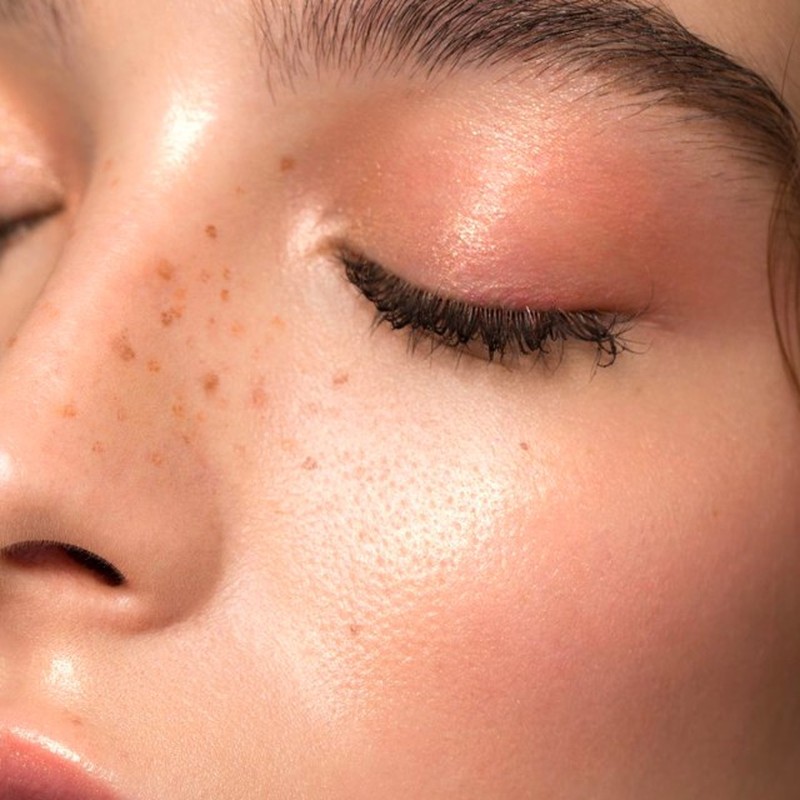How To Deal With Oily Skin In The Heat
Oily Skin Is Common
“While it’s estimated nearly half of us have oily skin, only 5%-10% have truly dry skin, which means nearly everyone deals with a bit of shine. Some of us produce significant amounts of sebum – whether that’s visible oiliness and shine, or blackheads around the nose area. Sebum was once a waterproofing agent in our evolutionary journey. We no longer produce the hair that needs that waterproofing – yet the oil remains and needs somewhere to go.”
It Causes Different Issues
“Sebum is known to be highly inflammatory, and it’s often associated with acne. It can exacerbate other conditions too, including rosacea, dermatitis and even pigmentation, which is why it’s key to get those oil levels under control. Too much oil on the skin can also make your products less effective. It also stops ingredients from penetrating into the layers of the skin that they should be targeting.”
Certain Conditions Need Avoiding
“Heat is a big culprit in terms of making oil levels worse. The sebaceous glands – which produce oil – work in conjunction with the eccrine glands – which product sweat – to balance our temperature, so anything that increases our natural temperature will activate more oil. It’s why I advise you steer clear of saunas, steam rooms, hot showers and hot weather when possible. Likewise, those prone to oiliness should avoid putting their face under shower water. It can just make the situation worse.”
It’s Worth Seeing What Your Skin Needs
“There are many ways to remedy oiliness, but you also need to regulate your skin’s cell turnover to get it under control long-term. Acne, breakouts and blackheads all come from something called irregular KMC. This is where keratin moves through the skin, sits there and then sloughs off. In a skin that’s breaking out – or oily – this process is irregular, so you get an accumulation of dead cells. This then mixes with oil and sebum, causing congestion. It’s why regulating oil is one thing, but so is removing dead skin cells and keeping the skin rejuvenated.”
Now Is The Time To Invest In The Right Products
“An exfoliating cleanser is essential for oily skin types. One containing AHA and BHAs is great as these acids break down excess sebum. Salicylic acid is a star ingredient. It can get down deep into the pores, breaking up oil and controlling it as it goes. It’s also an antibacterial, so it’s great for keeping skin clear. Keeping skin smooth and free from dirt will also create a strong skin barrier. This is essential for calming oil levels down – if your barrier is impaired, your skin becomes irritable and will exacerbate oil production. Another key ingredient is benzoyl peroxide. It dries skin out and flattens any congestion you may have. Finally, retinol is very effective at controlling oil production. It balances everything out. If no over the counter products are working, roaccutane can be recommended, but at a very low dose.”
Face Masks Can Help
“Clay-based masks are great for oily skin – particularly in hot weather. I love the ZO sulfur masks which cleanse the skin and control oil levels – especially when you use it several nights in a row. I also recommend using any heavy serums at night rather than the day, so as to not constantly overload your complexion. My advice? Cleanse with a salicylic acid-based formula, use a light, antioxidant serum to prevent daytime damage and follow with a thin SPF, like La Roche Posay’s Fluid. That’s really all you need.”
It's Okay To Skip Moisturiser Altogether
“Often, people with oily skin think they need to continue moisturising it – you don’t. Doing this will send a message down to your dermis which says: ‘We’ve got plenty of moisture’. Your skin then stops producing it. There are different mechanisms within our skin that provide moisture naturally, and that is all oily skin needs. This includes pulling moisture from the air and the body – these ensure an adequate flow of hydration from your cells, but if you overload with moisturiser, it will completely impair the process. Getting your skin to moisturise itself is key in preventing excess oil, so stick to this rule.”
Consistency Is Key
“Be consistent with what you’re using. Oily skin doesn’t enjoy a hit and miss approach. You can’t change your genetics, so you need to create a streamlined routine that will get things under control. I often think it’s worth seeing a skincare expert or dermatologist – even just once. They can set you up with a prescribed routine you can easily stick to and maintain.”
Certain Ingredients Are Banned
“Avoid oil-based products where you can and try to minimise your use of comedogenic skincare and make-up – these formulas will only clog your pores. Likewise, lanolin and balms should be avoided, as should facial oils. These can all overload the skin and suffocate it with too much moisture. You don’t want to supplement skin with more oil. Regular facials – if you can – are hugely beneficial, too. A professional can do extractions to keep skin clear and smooth. This is much better than you picking and plucking yourself – an expert won’t cause any damage.”
Finally, Ignore The Myths & Seek Professional Advice
“It’s a myth that oily skin slows down the ageing process – it’s total rubbish. You still need to use preventative ingredients (including the likes of retinol and plenty of SPF) to age well and give the skin what it needs. While oily skin is normal, there are times it can be down to stress hormones, adrenal glands and PCOS (polycystic ovaries) too. If you find the above advice, or regular treatments aren’t helping the issue, do speak to your GP or healthcare provider for further advice.”
For More Advice & Facials Visit KateKerrLondon.co.uk
Shop Kate's Edit...
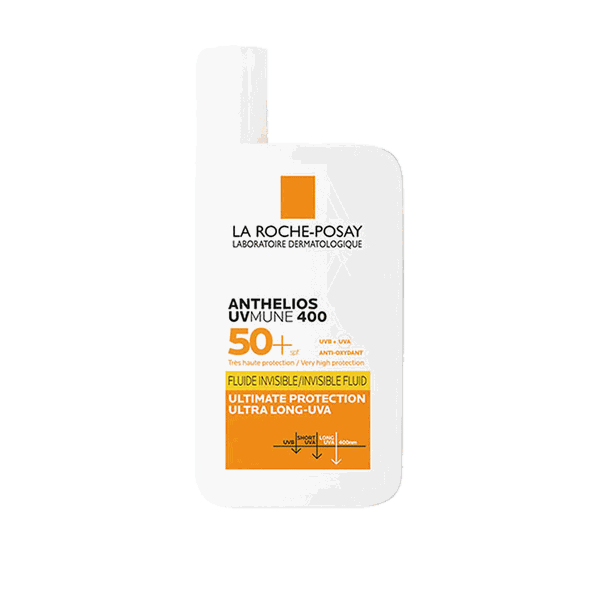
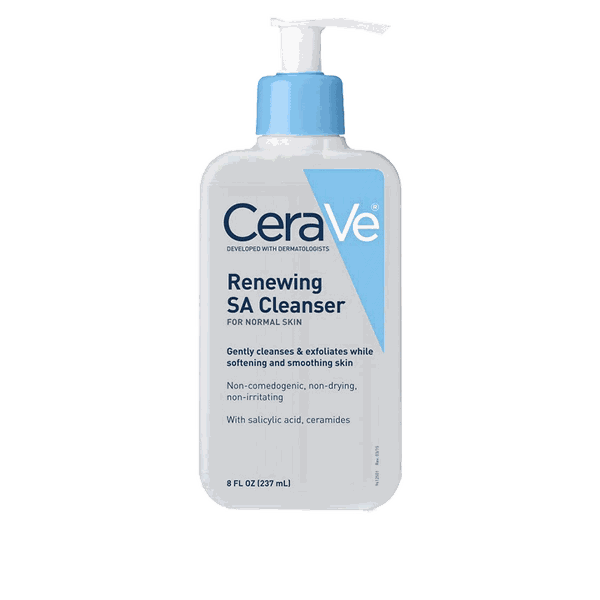
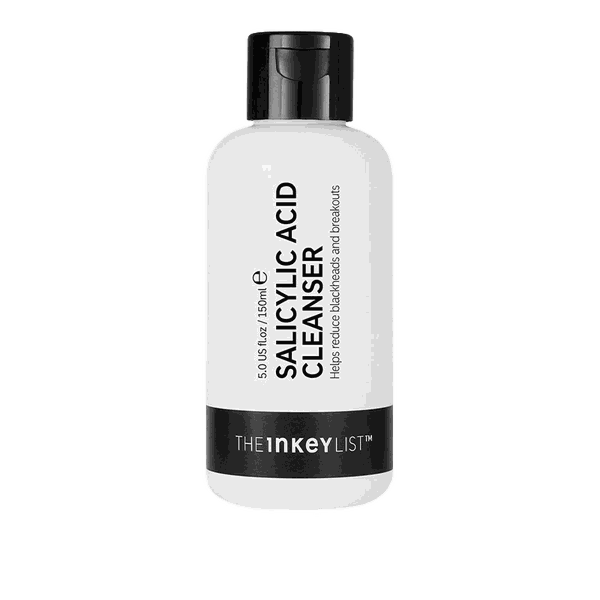
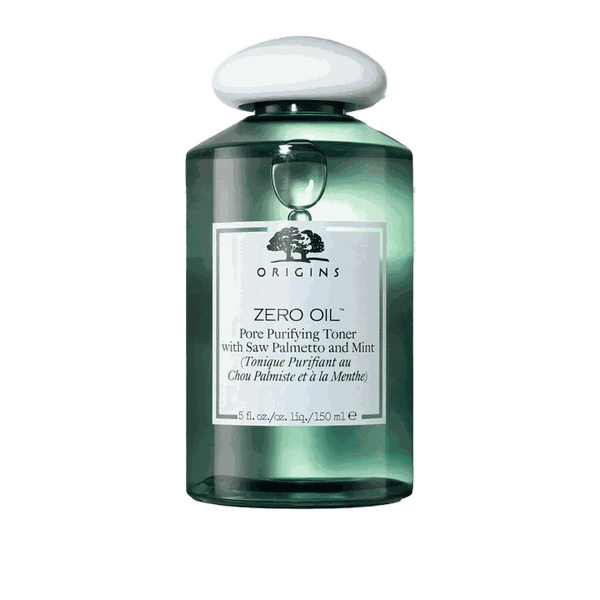
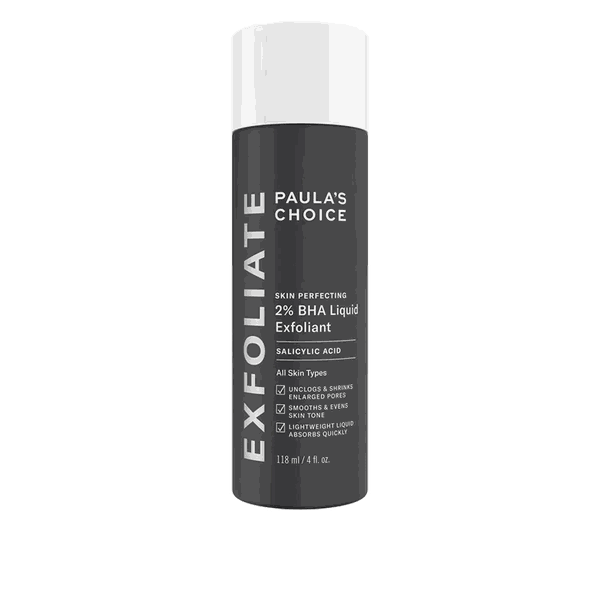
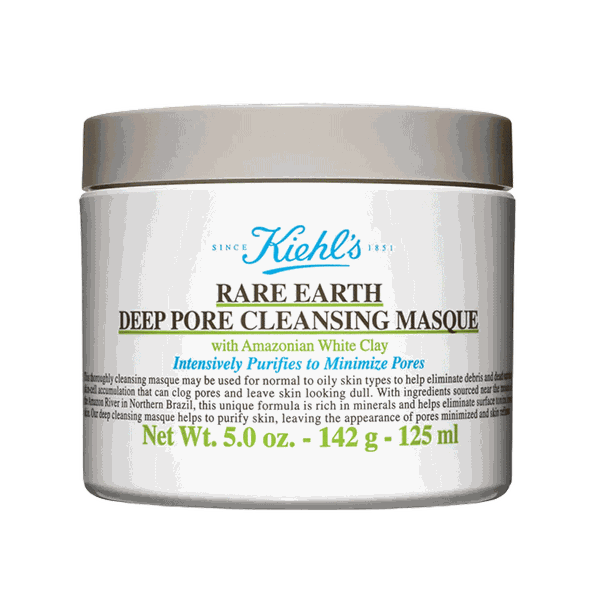
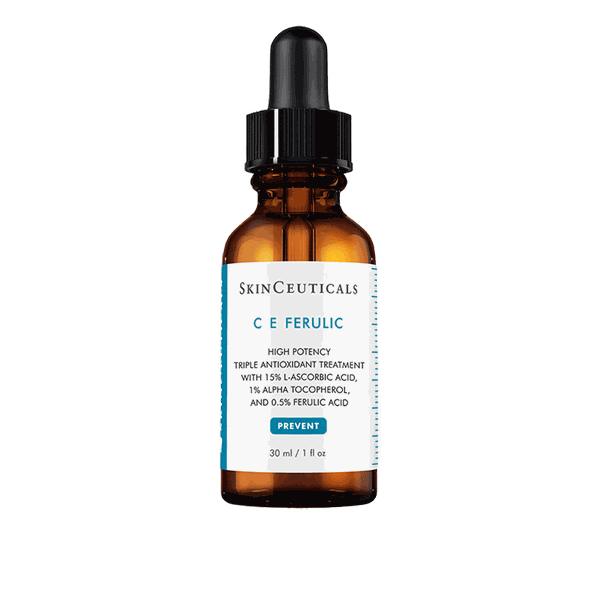
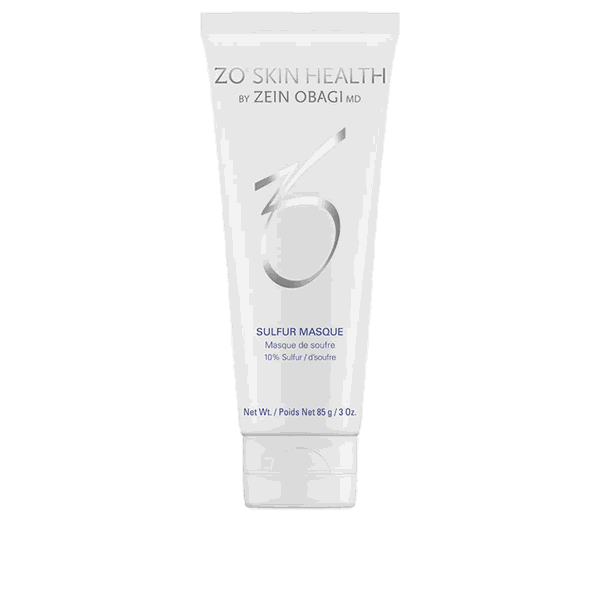
DISCLAIMER: We endeavour to always credit the correct original source of every image we use. If you think a credit may be incorrect, please contact us at info@sheerluxe.com.
